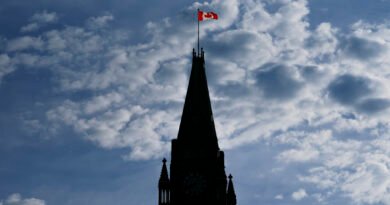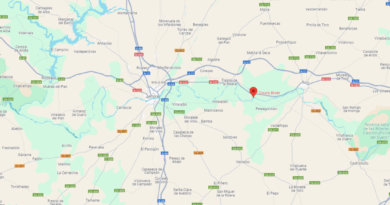Eby: BC Doesn’t Consider Electricity Export Tariffs Like Ontario’s a Top Priority
British Columbia Premier David Eby has stated that the province has no immediate plans to impose a 25 percent surcharge on electricity exports to the United States, unlike Ontario.
Eby noted that the focus is currently on introducing new legislation that would allow the province to levy fees on U.S. commercial trucks traveling to Alaska through B.C., rather than implementing a surcharge on electricity exports.
Ontario’s Premier Doug Ford has committed to imposing a 25 percent surcharge on electricity deliveries to several American states as a response to Trump’s tariffs.
Eby emphasized that B.C. has a close integration with the U.S. West Coast power market, engaging in buying and selling electricity based on market conditions, which benefits the Canadian side significantly.
Regarding upcoming legislation targeting Alaska, Eby highlighted the political affiliations of key Alaskan officials with Trump’s Republican party.
Eby informed the Greater Vancouver Board of Trade that while B.C. could be self-sustaining in terms of electricity, the associated costs and impacts on ratepayers would be significant.
He expressed a commitment to identifying measures that would have minimal impact on British Columbians while still being noticed by Americans.
Additionally, Eby mentioned that B.C. would consider an electricity export surcharge if it becomes necessary as part of a national response, provided the burden is proportionate across provinces and federal support is equal.
The Canada Energy Regulator indicates that B.C. is a major electricity exporting province, primarily to Washington, Oregon, and California, although recent conditions have led to the province being a net electricity importer from the U.S. since 2023.





